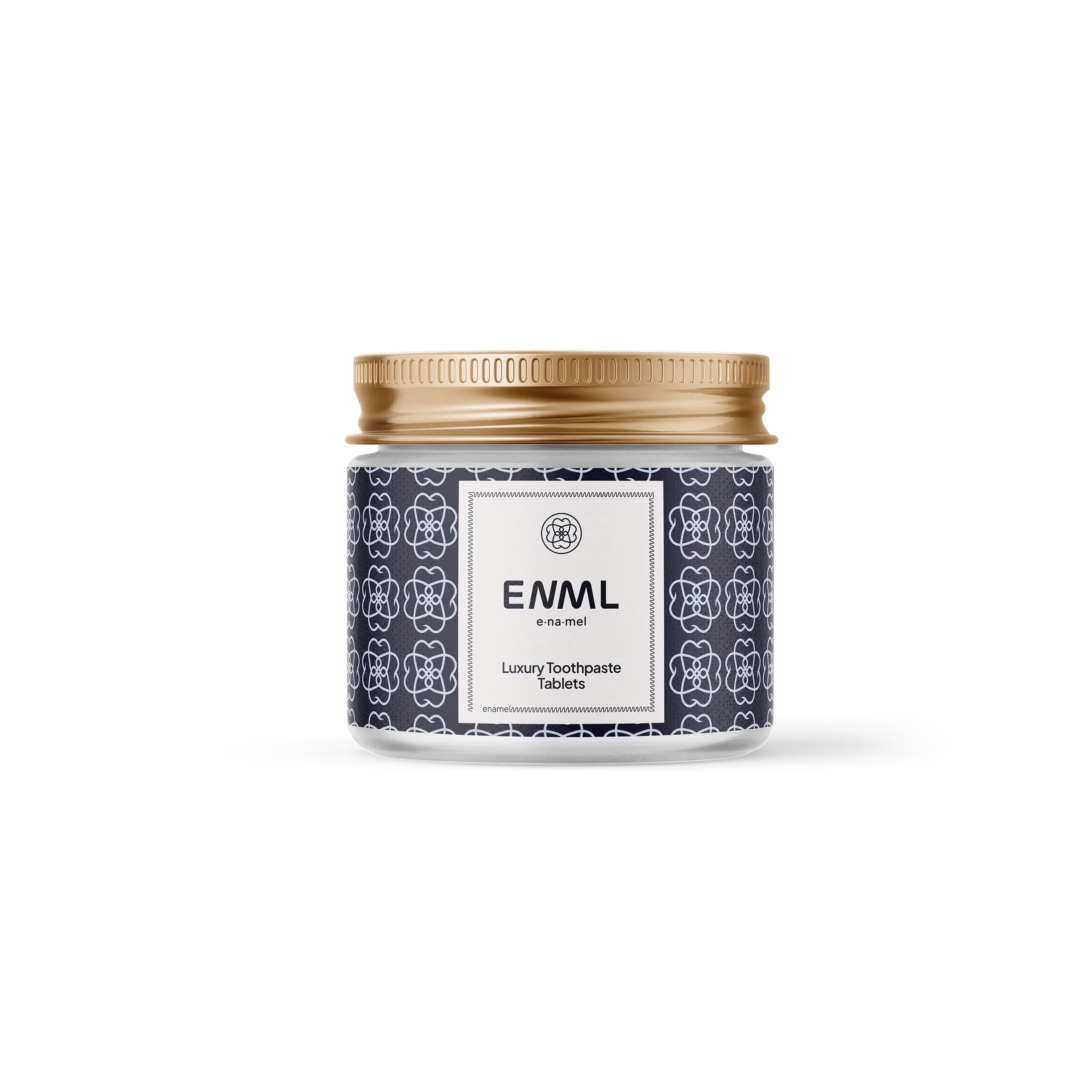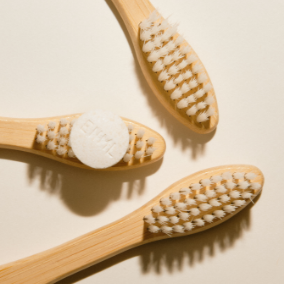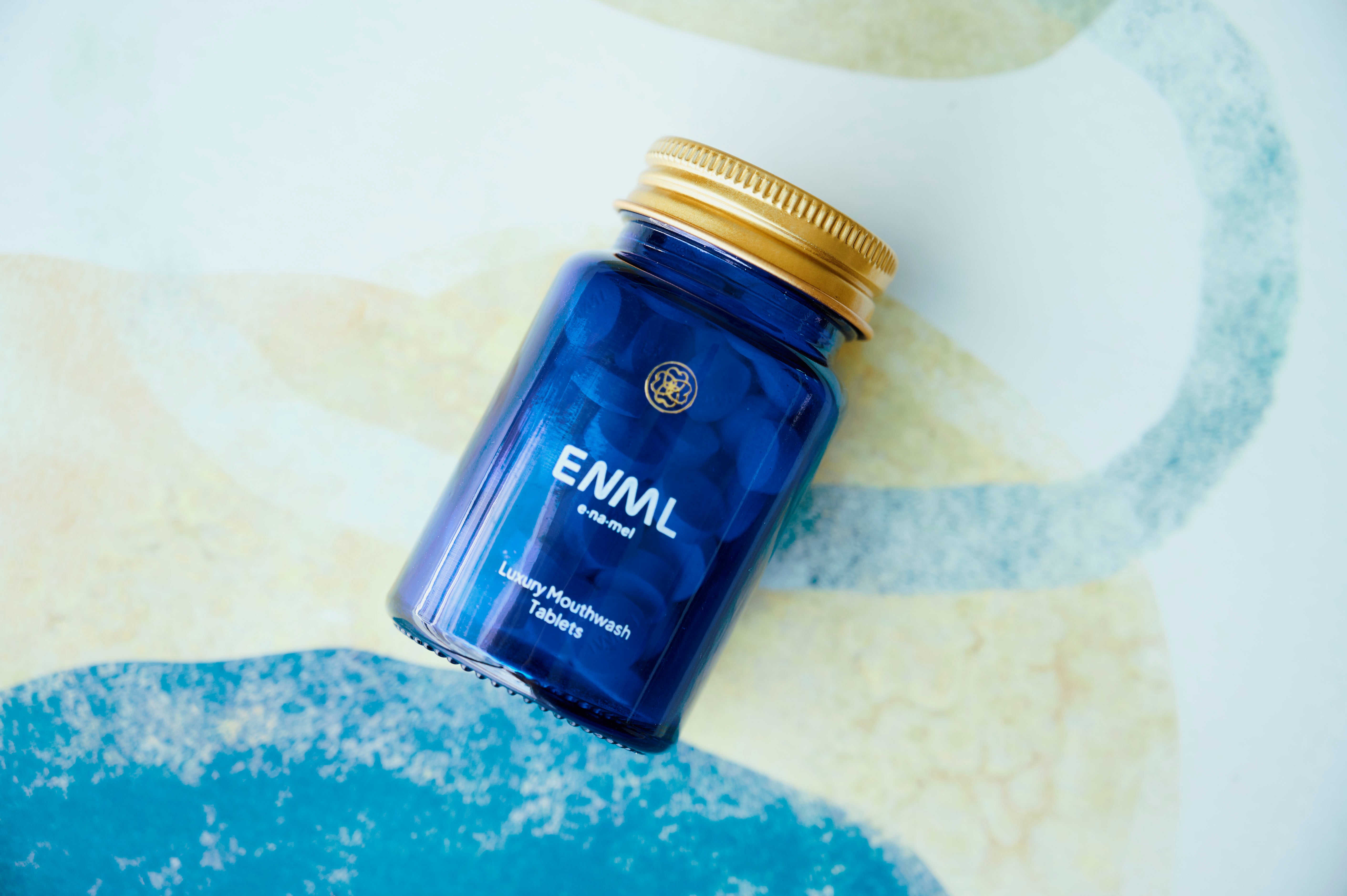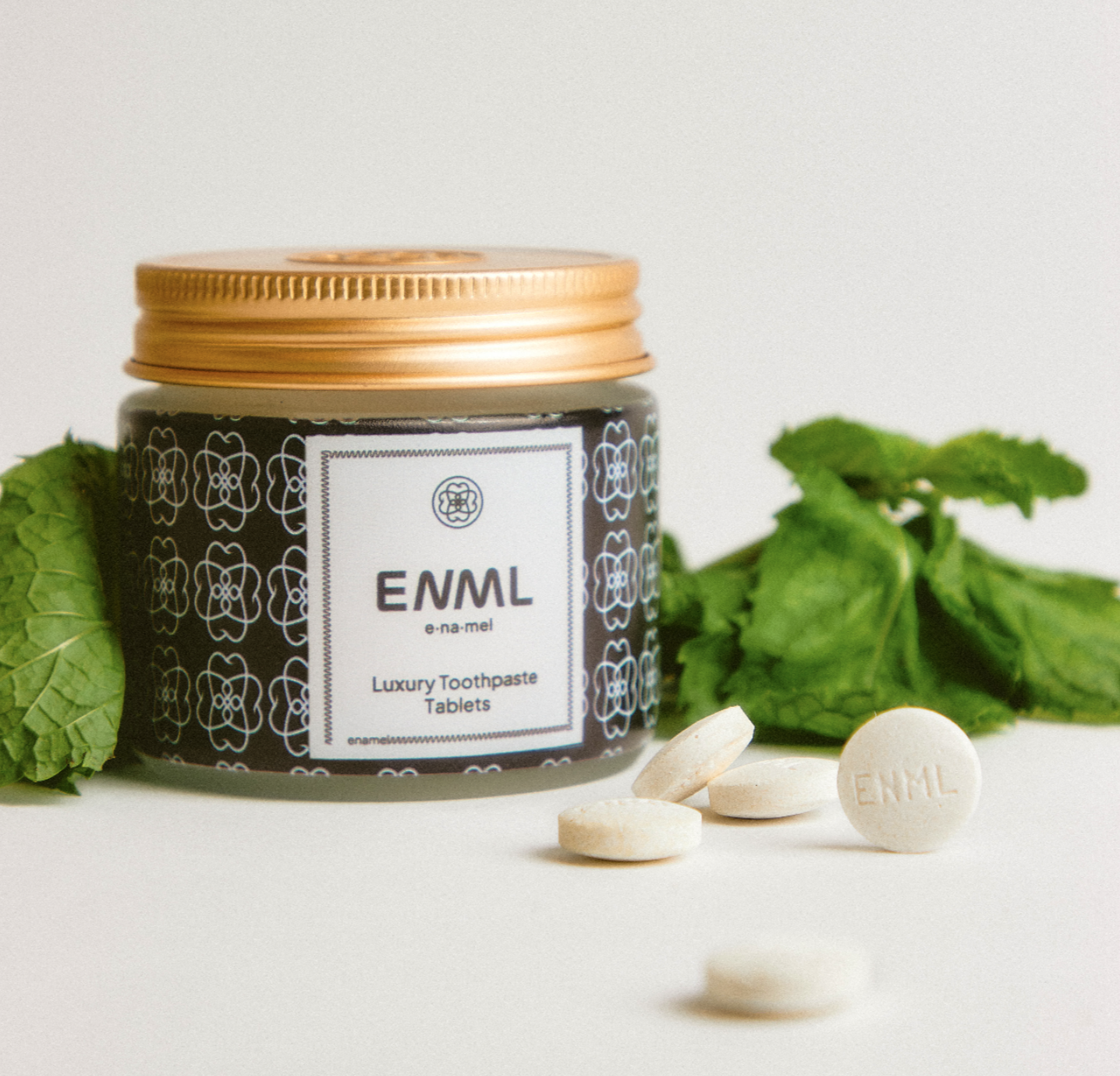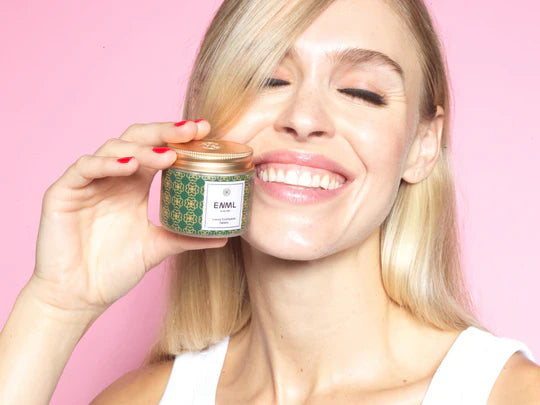Candy often gets a bad rap when it comes to oral health, but not all candies are created equal. Some are worse offenders than others due to their sticky nature and prolonged contact with teeth. Dr. Jordan Harper shares insights on how to enjoy candy responsibly while minimizing its impact on your oral health.
How does candy affect oral health, and are some types worse than others?
Sticky and tacky candies, like caramels and Milk Duds, are particularly harmful because they cling to teeth, increasing contact time with sugar. This prolonged exposure fuels bacteria, leading to acid production and eventual tooth decay.
💡Related Post: Why Aligned Teeth Are Key to Cavity Prevention
Key Questions and Answers
-
Why are sticky candies worse for your teeth?
Sticky candies adhere to teeth, creating prolonged contact time, which allows bacteria to feed on sugars and produce harmful acids. -
Is all candy bad for oral health?
While all candy contains sugar, harder candies that dissolve quickly or dark chocolate that doesn’t stick to teeth may be less harmful. -
What is the best way to enjoy candy without damaging your teeth?
Enjoy candy in moderation, avoid sticky options, and brush your teeth or rinse your mouth shortly after consumption. -
Why is contact time so critical for oral health?
The longer sugar stays on your teeth, the more time bacteria have to metabolize it and produce acid, which demineralizes enamel. -
What’s a better alternative to candy for a sweet fix?
Consider sugar-free candies or natural options like fruits, which satisfy sweet cravings without the prolonged risk of tooth decay.
Conclusion
Candy can be enjoyed responsibly without jeopardizing your oral health. Opt for less sticky options like dark chocolate, rinse your mouth after indulging, and maintain a consistent brushing routine. To further protect your teeth and support remineralization, try ENML Toothpaste Tablets as part of your daily oral care.
By making mindful choices and practicing good hygiene, you can enjoy sweet treats while keeping your smile healthy. Visit your dentist for personalized advice and tips to maintain optimal oral health!
Transcript
You'll see people that have higher caries risk than others because of various reasons, like we mentioned earlier, diet, bacteria in the mouth and everything else. But, but those caries risk, um, assessments like don't really go on. Usually, um, no one really asks about it. I just provide recommendations to help, right?
Um, if I see someone that comes in that looks like a high carries risk patient, I'm going to tell them, Hey, look, you've got to step it up. You need to be timing yourself brushing your teeth. I'm going to talk to them about proper toothbrush technique. I'm going to talk to them about using enamel. I'm going to talk to them about, you know, adding mouthwash to the routine to get into crevices that their toothbrush can't reach because their teeth aren't straight.
I'm going to talk to them about flossing their teeth because all those things have a place and an importance, okay?


